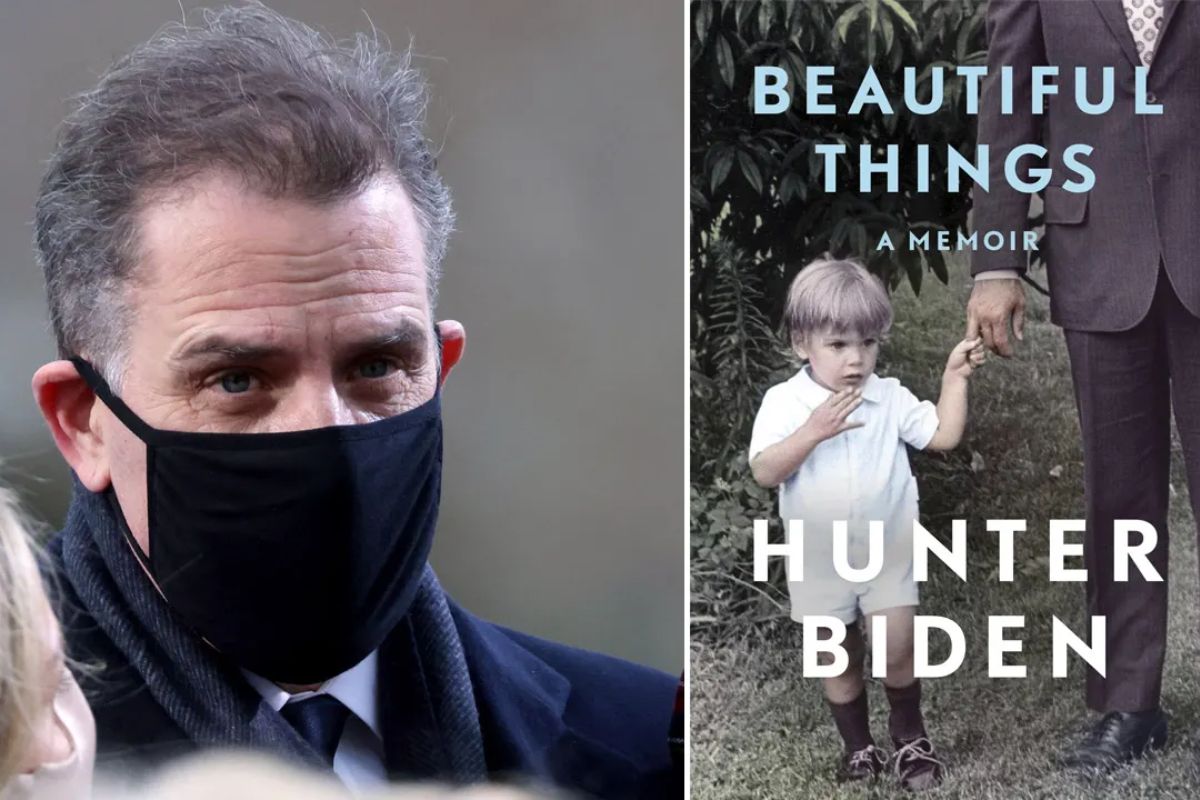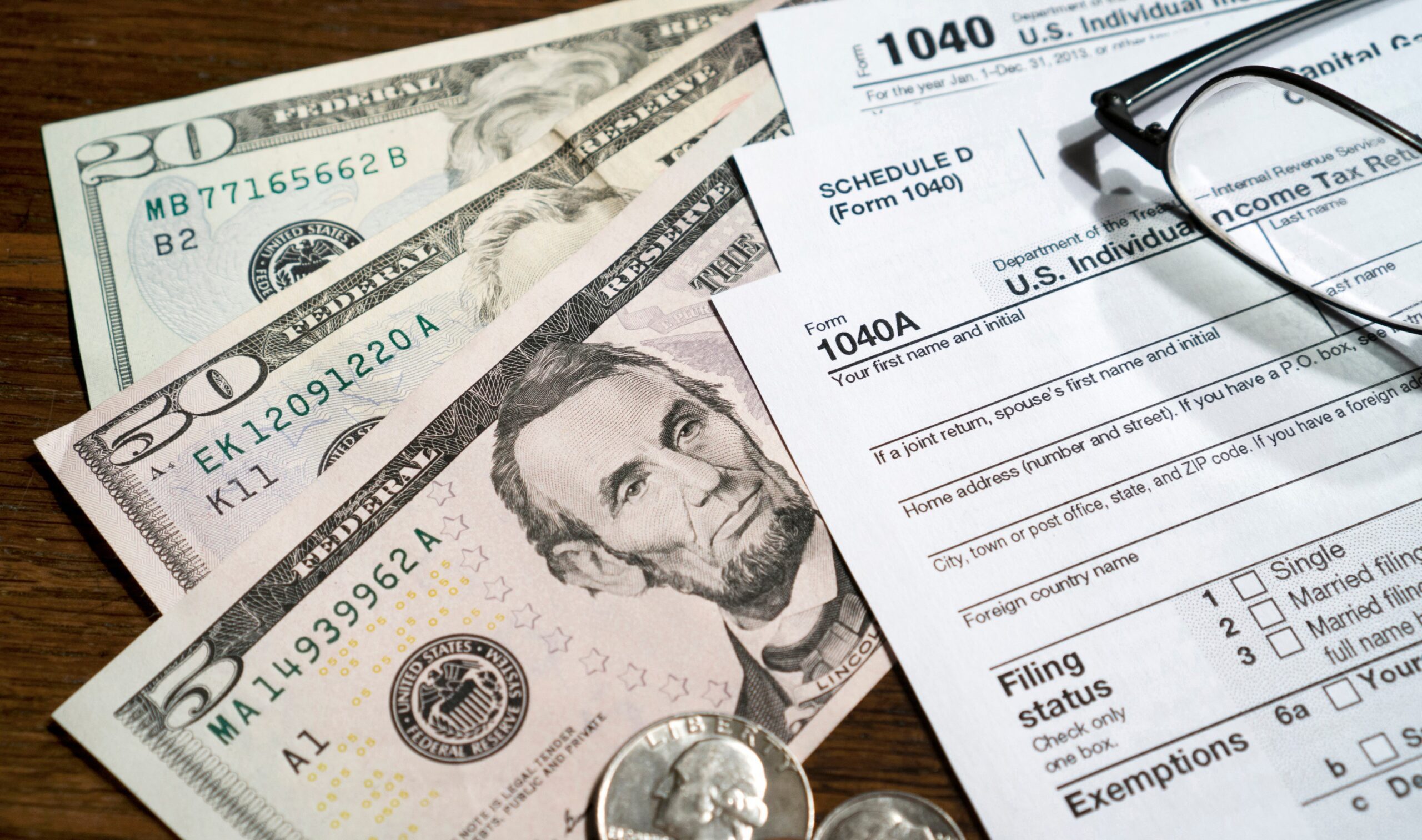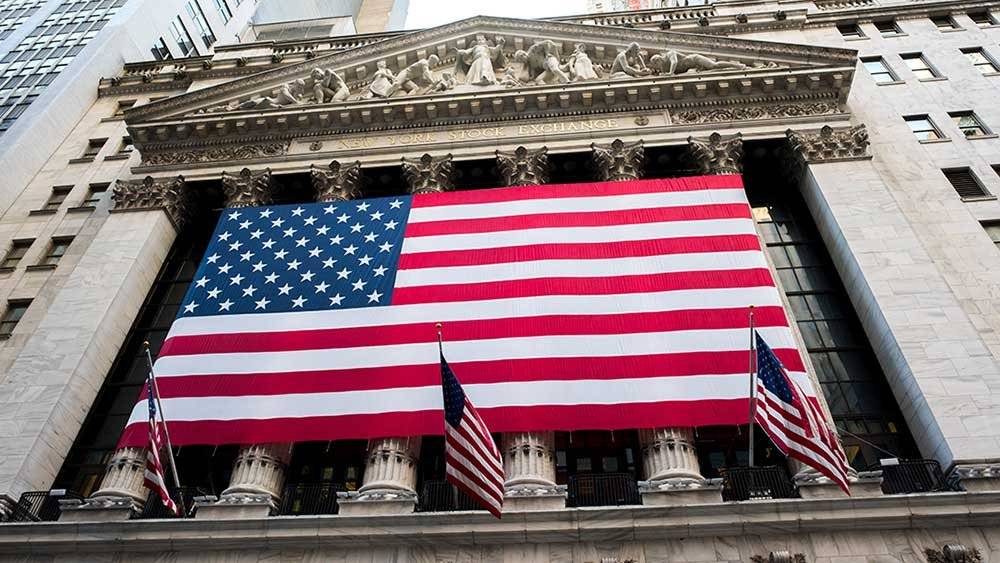Hunter Biden’s battled his issues of alcohol and crack cocaine addiction in his memoir “Beautiful Things,” which received positive reviews but low sales when it was released months after his father became president. The book returned to bother him in court.
The younger hunter Biden’s gun trial concluded last week when a federal jury in Delaware found him guilty of fraudulently saying he had no drug issue when purchasing a.38-caliber Colt Cobra revolver in October 2018. Prosecutors used the memoir as a more than 250-page confession that effectively led to a conviction for three offences.
Hunter Biden’s AudioBook about his addiction
As an added bonus for the government, Hunter Biden narrated the audiobook version, which prosecutors played in court, allowing jurors to hear the defendant discuss his crack cocaine use during the same time period as the gun purchase.
That contradicted Biden’s claim that he did not deliberately violate federal bans on drug users possessing firearms.
“The book blew up in his face,” said Michael Weinstein, a former federal prosecutor and partner at the Cole Schotz legal firm. “The government got the best of both worlds—admissions from him and statements from his own mouth without his own counsels’ ability to water them down.”
One crucial chapter was “Lost Highway,” in which Biden tells readers that he wasn’t well for six years ago
“I had returned that fall of 2018, after my most recent relapse in California, with the hope of getting clean through a new therapy and reconciling with Hallie,” he said of his sister-in-law, with whom he had a romantic relationship following the deaths of his brother and her late husband, Beau Biden. “Neither happened.”
“For all the obvious reasons—my extended disappearances, my inability to stay sober, her need to stabilize and reorder her own life and family—Hallie and I called it quits,” he said in his letter.
Abbe Lowell, Biden’s lawyer, contended that the book was written reflectively rather than contemporaneously.
He informed jurors that prosecutors had selected passages of the memoir to bolster their “conjecture and suspicion.”
Despite the fact that the author’s father was the president of the United States, “Beautiful Things” did not sell well. Simon & Schuster’s Gallery Books reported sales of 61,000 copies in all forms through early June of this year, including hardcover, paperback, digital, and audio.
The trial has served as an unlikely marketing for the memoir, resulting in a recent rise in sales on Amazon, according to Publishers Marketplace.
The book’s second life may provide little comfort to hunter Biden’s, who will most likely be jailed in a few months. He faces up to 25 years in prison, but given that he is a first-time, nonviolent criminal, his sentence will most likely be much shorter. In addition, he is likely to face a separate tax trial in September.
Biden, a Yale Law School graduate, chose not to testify in his own defence in the gun case, which would have exposed him to a potentially scathing cross-examination in a trial that had already uncovered profoundly personal interior dynamics of the Biden family and the turmoil that his addiction wrought.

Regardless, the jury heard a lot from Hunter Biden’s.
With FBI agent Erika Jensen testifying, the prosecution played substantial chunks of the book, including chapter 9, “California Odyssey,” in which hunter Biden’s described serious drug use in Los Angeles in 2018.
Jensen claimed that phone and bank records supported Biden’s confessions. Prosecutors cited Biden’s texts, found from his Apple iCloud backup and the now-infamous laptop he left at a Wilmington computer store, as additional evidence of his addiction,
which included coded references to cocaine as “baby powder” and “the really soft stuff.” They also emphasized Biden’s return to Los Angeles in the spring of 2019, as recounted in chapter 11, “Saved,” in which he stated that his “first call off the plane was to a drug connection.”
I was doing nothing but drinking and drugging, wrote the man.
During closing arguments, prosecutor Leo Wise told jurors that Biden’s text exchanges at the time were sufficient to justify a conviction. But the government, he claimed, had far more.
“We also have his own words in his memoir describing buying and using drugs during that whole period from 2015 to 2019, four years, what he called four years of active addiction, and how he relapsed after numerous attempts at rehab,” said Wise.
Following many hours of deliberation, the jury convicted hunter Biden’s. Following the verdict, some jurors told CNN that they sympathized with Biden’s addiction difficulties but felt they had no alternative but to return a guilty verdict.
People close to Hunter Biden’s thought the prosecution’s excessive use of “Beautiful Things” was superfluous and in poor taste, in part because he wrote the book to aid others struggling with addiction.
Derek Hines, one of the prosecutors, had little sympathy. “He’s the one who chose to release an audiobook in this case about his life and about his addiction and his troubles in the year 2018, the year he chose to buy a gun,” the prosecutor told the jurors.
Read more
Hunter Biden Found Guilty In Gun Case
Supreme Court Rejects Abortion Pill Challenge

Mike Neon is a seasoned journalist specializing in United States news, known for his comprehensive coverage of national affairs and current events. With a career spanning 5 years in journalism, Mike has established himself as a reliable source of accurate and insightful reporting. His articles delve deep into political developments, social issues, and cultural trends shaping the United States today. Mike Neon’s dedication to providing balanced perspectives and in-depth analysis ensures that readers stay informed about the latest developments that impact the nation.







